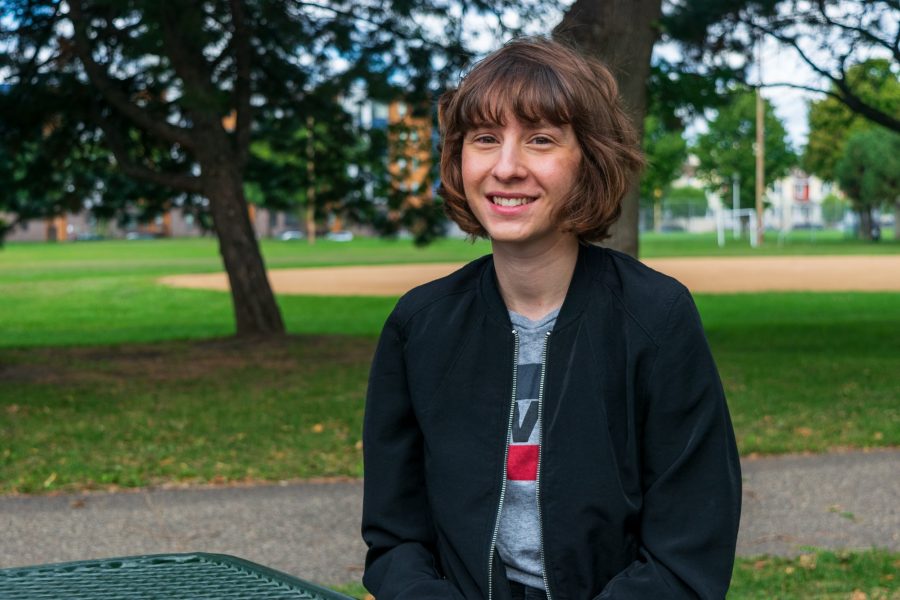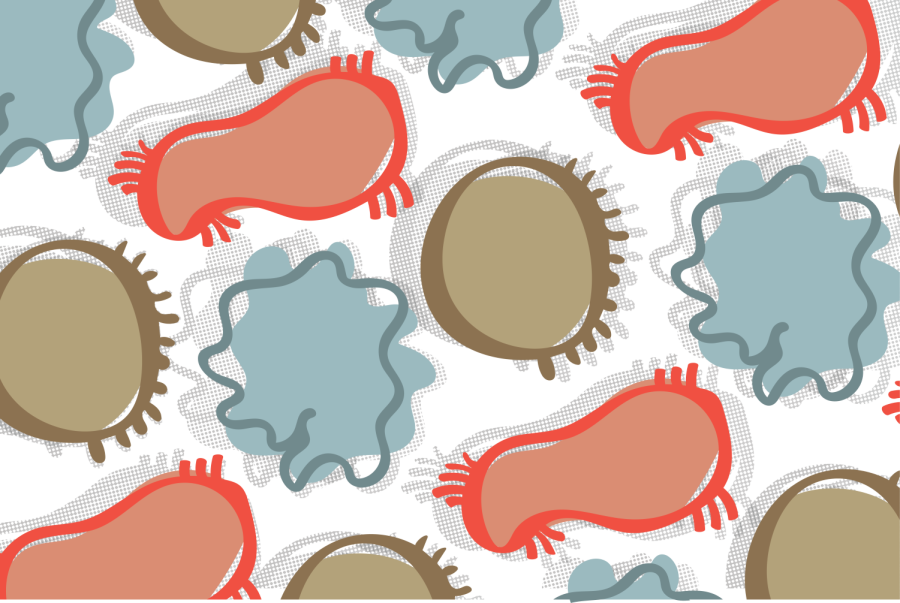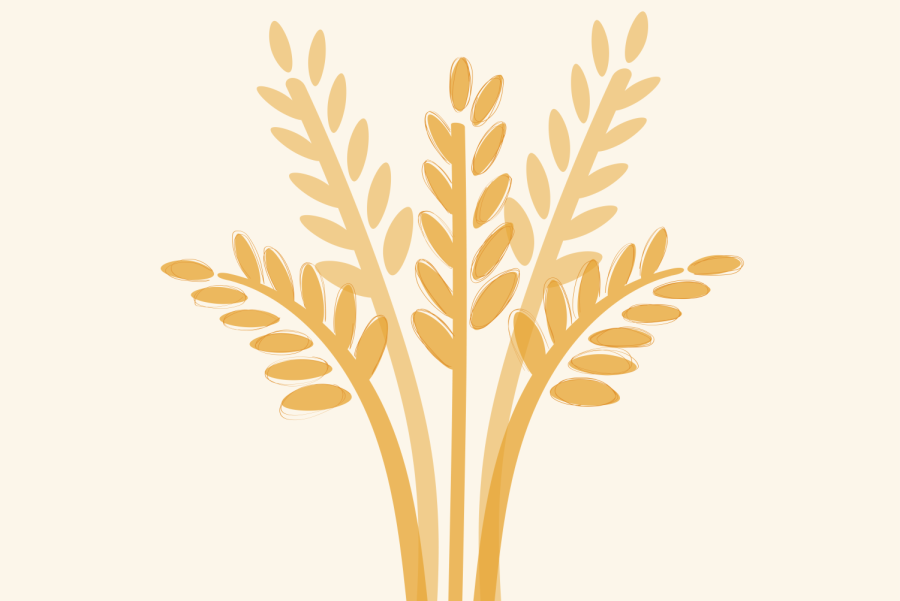University of Minnesota Fulbright scholars are adjusting their research timelines as they prepare to go abroad in January amid uncertainty surrounding the COVID-19 travel restrictions.
The University announced last month 15 students and recent graduates who were accepted to participate in the Fulbright Scholar Program — an exchange opportunity where students are awarded grants to study and teach abroad. The program will begin in January, instead of its typical September start date, due to the COVID-19 pandemic. In addition to navigating new travel restrictions, some of the scholars will have to adjust their season-sensitive research timelines as a result of the four-month delay.
Jamie Mosel, a Ph.D. candidate in Natural Resources Science and Management, was accepted as a Fulbright scholar to conduct research in Japan. Her studies are focused on the responses of forests to climate change. Mosel said her primary concern about the delay of her research is that the best time to gather data on forest health, tree physiology and forest management practices is during the warmer months.
“I’ll be starting my work in the winter instead, which means some of that research is a little bit delayed, but it should still happen,” Mosel said.
She said she fears what could change with the travel restrictions between now and January. But because her work is based in forests, she will likely encounter less obstacles than scholars teaching or conducting research in more populated areas, she added.
The delayed timeline has also shortened Ph.D. student Corrie Nyquist’s ideal months for data collection in Iceland. Her research focuses on the winter activity and community structure of midges — a group of aquatic flies.
“I have a little bit of extra funding that I’ve obtained from some other grants for Iceland that I’ll use to be able to go a little bit earlier,” Nyquist said. “So hopefully I’ll still be able to get most of the winter since my research is winter-focused.”
Nyquist said she anticipates her greatest challenge will be the uncertainty surrounding travel restrictions in Europe. She said she needs to contact the U.S. Embassy and the foreign office in Iceland to get special permission to enter the country. At this time, her primary concern is to get all of her documentation ready to get into the country to be able to start her research.
“I think that it’s going to be more pressure to try to rush to get more done in a short amount of time,” Nyquist said. “I think everyone is kind of faced with the same challenge of working from home and being less productive with all the distractions.”














